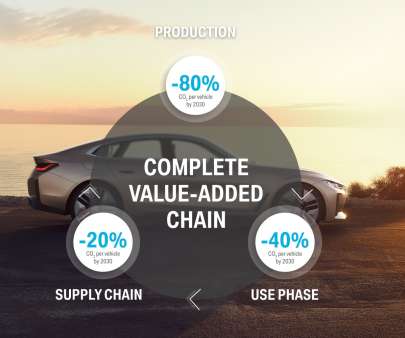Honda secures auto industry’s largest renewable energy purchase; 60% reduction in CO2 from N.A. manufacturing operations
Green Car Congress
SEPTEMBER 24, 2019
Seeking to slash CO 2 emissions from its North American manufacturing operations, Honda has entered into long-term virtual power purchase agreements (VPPAs) for renewable wind and solar power that will cover more than 60% of the electricity that Honda uses in North America. will deliver to the grid by the end of 2020.
















Let's personalize your content